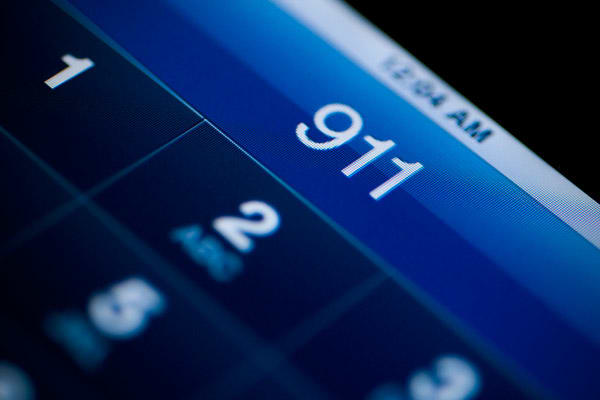Experts say $15 billion overhaul could fix the broken 911 system, saving lives and money

More than 80% of calls to 911 are from cellphones, and frequently they come from high-rise buildings. But too often, in cases when callers can’t communicate their location, the more than 5,000 locally run 911 centers, known as public safety answering points or PSAPs, can’t accurately locate those calls. Nor can they efficiently share relevant data with other centers. That has had serious repercussions. Fixing the system could save more than 10,000 lives and $97 billion per year, according to the FCC.
“We’re talking about diversity of equipment connecting across these IP networks in a very complex manner,” said Capt. Mel Maier of the Oakland County Sheriff’s Office in Michigan. “And if there are proprietary interfaces anywhere in between there, they’re not going to be able to talk. … Our technology is continually trying to catch up and playing catch up.”
A number of companies including Apple, Motorola and start-ups are trying to fill the technology gap. RapidSOS is a data integration platform that has been adopted free of charge in about 4,800 PSAPs. According to the company, it covers about 92% of the country and assists in 150 million emergencies per year.
“We’re just scratching the surface of the amount of data that we could be using,” said Michael Martin, CEO of RapidSOS. “We’re passing precise location for most 911 calls now. But you can imagine all the capabilities, like in a fire if your building could talk or if your device could detect a heart attack and immediately transmit that through.”
According to Maier, who is also chairman of the Public Safety Next Generation 9-1-1 Coalition, the tech industry can’t do it on its own. He says carriers also have a responsibility, especially when it comes to addressing the altitude problem. But in the end, he says, the federal government is needed. He’s hoping Congress will pass legislation for $15 billion toward a complete overhaul. In July, a $1.5 trillion infrastructure bill that included $12 billion toward 911 passed the House but stalled in the Senate.
Watch the video to learn more about how the 911 system fell behind.




